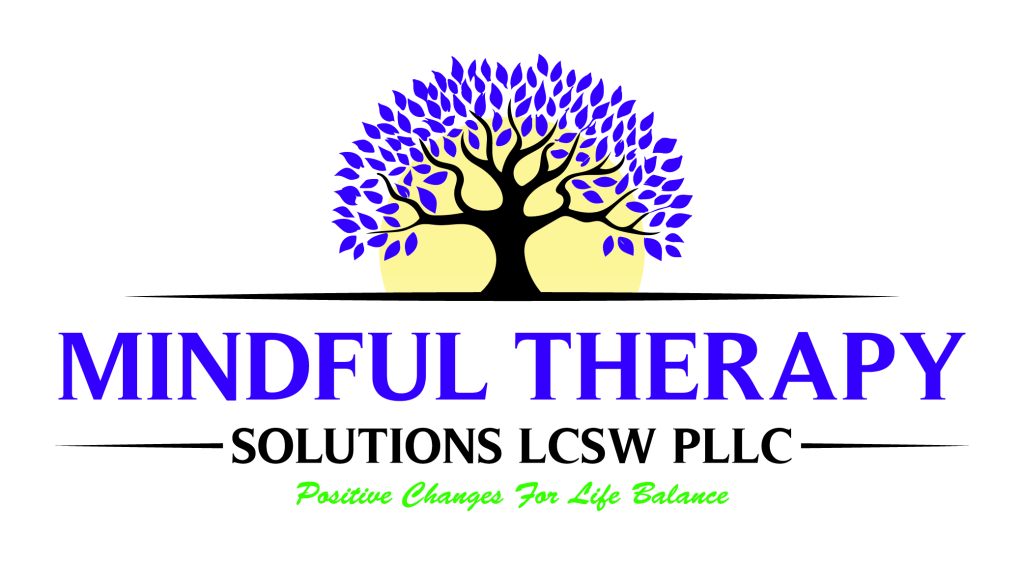Depression is one of the most common mental health conditions, yet it affects every individual differently. While some people may experience mild sadness and fatigue, others may struggle with major depression that interferes with daily life. Understanding the types of depression and the available depression treatment options can help individuals find the right path toward healing. Therapy is often the cornerstone of recovery, offering a safe space to explore feelings, build coping skills, and restore balance.
This article explores six widely used approaches to depression therapy and explains what to expect in each. Whether you are researching treatment options for depression for yourself or a loved one, knowing the benefits and challenges of different methods can make the process less overwhelming.
Cognitive Behavioral Therapy for Depression
Cognitive Behavioral Therapy (CBT) is one of the most researched and widely used depression counseling methods. It works on the idea that negative thought patterns influence emotions and behaviors. By identifying and reshaping these unhelpful thoughts, individuals learn to respond more positively to life’s challenges.
During individual therapy sessions, clients may track moods, practice coping strategies, and challenge distorted thinking. For example, someone who believes “I will never get better” learns to reframe it into “Recovery takes time, but I am making progress.” Over time, these shifts support lasting improvement. CBT is often considered one of the best treatments for depression because of its structured and goal-oriented approach.
Interpersonal Therapy and Emotional Connection
Interpersonal Therapy (IPT) is designed for people whose depression is closely tied to relationships and life transitions. It focuses on how social interactions, unresolved conflicts, or grief affect mental health. By addressing these issues, individuals gain the tools to build stronger, healthier relationships.
In sessions, clients explore communication patterns, loss, or major changes like divorce, career shifts, or family struggles. Because depression often makes people withdraw from others, IPT helps reduce isolation and encourages reconnection. For many, this approach offers relief by providing practical ways to manage life changes and rebuild support networks.
Psychodynamic Therapy and Deeper Understanding
While CBT and IPT target current thoughts and behaviors, psychodynamic therapy looks deeper into unconscious patterns. Rooted in traditional talk therapy, it aims to uncover unresolved conflicts, past experiences, or childhood influences that may contribute to different types of depression.
During therapy, individuals may explore themes of loss, self-esteem, or recurring struggles. The process encourages self-awareness, helping people understand why they react in certain ways. This insight empowers clients to break unhealthy cycles and create lasting change. Though it often takes longer than structured therapies, psychodynamic therapy can be profoundly effective for those who want to explore the roots of their depression.
Dialectical Behavior Therapy and Mindfulness
Dialectical Behavior Therapy (DBT), originally developed for borderline personality disorder, has proven highly effective for people with depression, especially when combined with self-destructive behaviors. DBT emphasizes mindfulness, distress tolerance, emotion regulation, and interpersonal effectiveness.
In practice, clients learn how to stay grounded in the present, manage intense emotions, and handle conflict without escalating distress. For individuals asking how to deal with depression, DBT offers tools that balance acceptance with change. Its structured approach is especially helpful for people struggling with emotional intensity and impulsive reactions.
Behavioral Activation and Lifestyle Engagement
Depression often robs individuals of energy and motivation, leading them to withdraw from once-enjoyed activities. Behavioral Activation therapy directly addresses this cycle by encouraging clients to re-engage with meaningful tasks.
For example, a therapist may guide someone to gradually resume hobbies, exercise, or social activities, even when motivation feels low. Over time, these behaviors help counteract sadness and create a sense of accomplishment. For individuals wondering how to get rid of depression when daily functioning feels impossible, this therapy provides small, manageable steps toward recovery.
Group Therapy and Shared Healing
While therapy for individuals is valuable, group therapy offers a unique sense of community. In a group setting, individuals with depression come together to share experiences, provide support, and learn coping skills under professional guidance.
Hearing others’ stories reduces the sense of isolation that depression often creates. Group therapy also provides a safe environment to practice social skills and build confidence. For many, the combination of shared experience and professional facilitation makes it an effective form of depression treatment.
Why Choose Us
At Mindful Therapy Solutions, we understand that every journey through depression is unique. Our compassionate therapists provide personalized care that addresses your specific needs, whether through individual therapy sessions, group work, or a blend of approaches. With years of experience in depression counseling, we are committed to helping you rediscover hope and create a path toward lasting wellness. Choosing us means choosing dedicated professionals who walk alongside you at every step of your healing journey.
FAQs About Therapy for Depression
What is the best treatment for depression?
The best treatment for depression depends on individual needs. Many find success with Cognitive Behavioral Therapy, while others benefit from interpersonal or group therapy. Sometimes a combination of therapy and medication works best.
How do I know which type of therapy is right for me?
The right therapy depends on your symptoms, personal goals, and preferences. A therapist can help you explore treatment options for depression and recommend the most effective approach.
Can therapy alone treat major depression?
For some people, therapy alone provides significant relief. However, in cases of major depression treatment, combining therapy with medication may be more effective.
How long does therapy for depression take to work?
The timeline varies. Some notice improvement within weeks, while others may need several months. Consistency in attending individual and group counseling sessions plays a major role in progress.
Is therapy effective for all types of depression?
Yes, therapy is adaptable for different types of depression, including mild, moderate, and severe forms. Your therapist will customize treatment to meet your specific needs.
Conclusion
Living with depression can feel overwhelming, but it is important to remember that recovery is possible. From Cognitive Behavioral Therapy to group sessions, there are many ways to begin healing. Exploring these treatment options for depression allows you to find the right fit and move toward a healthier, more balanced life.
Contact us today to start your journey toward wellness and discover the power of therapy in overcoming depression.


